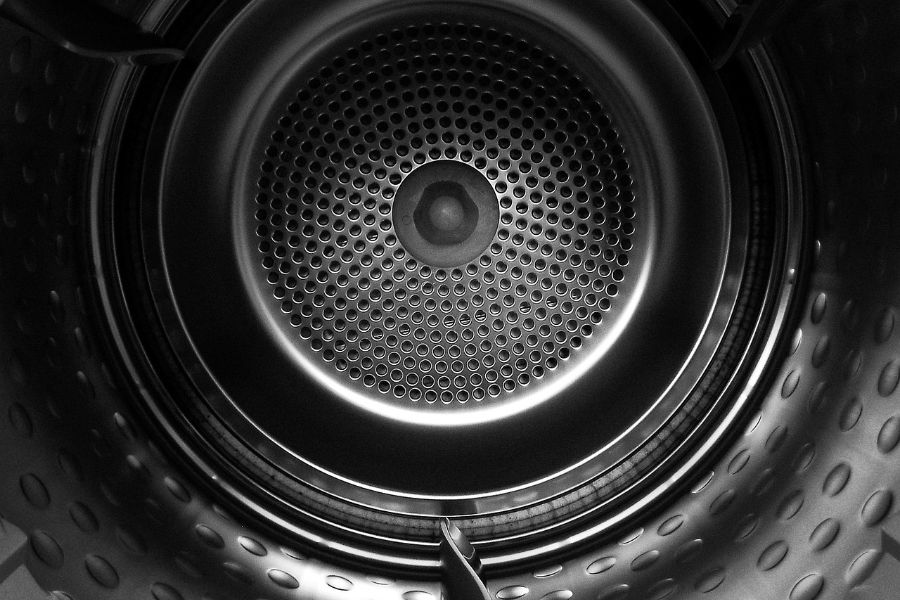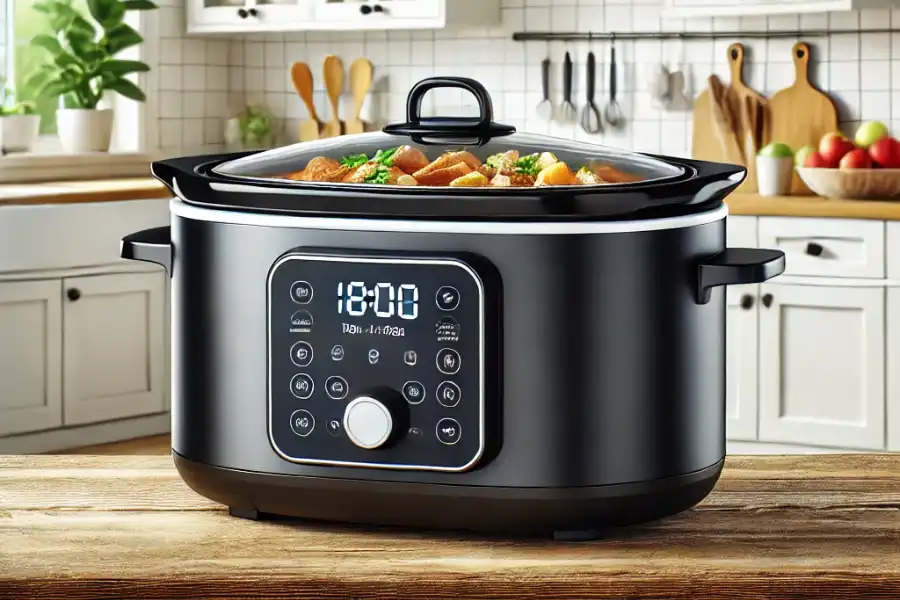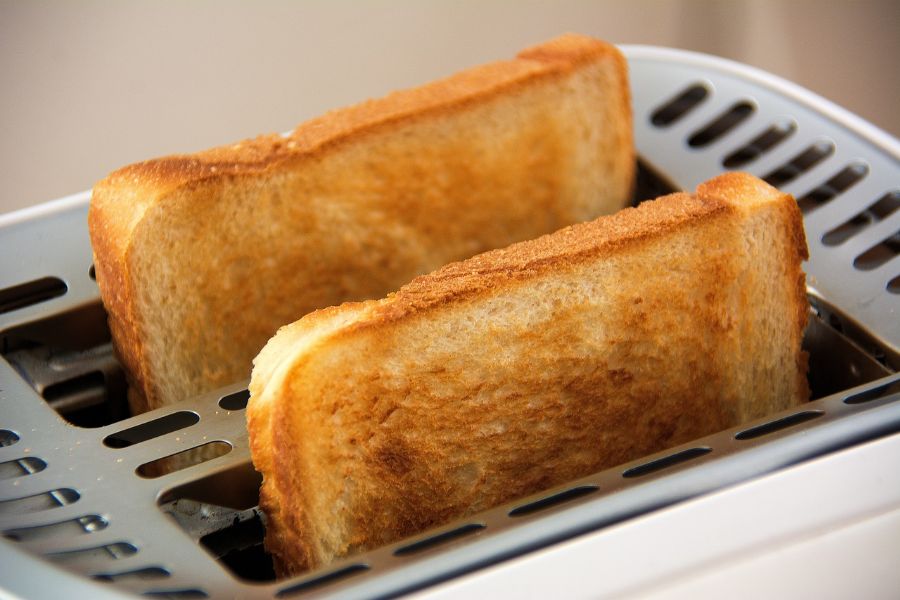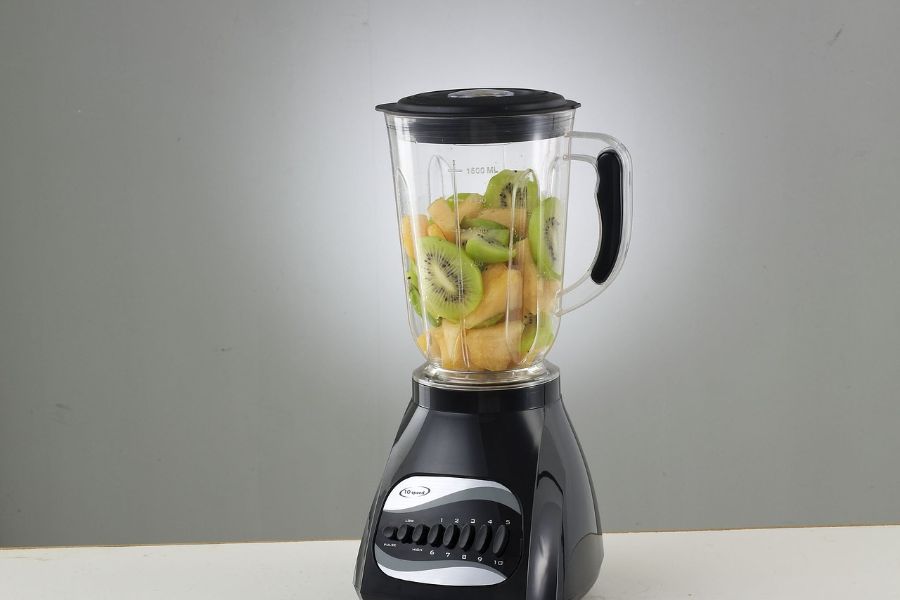Smart Dryers: Making Laundry Drying Fun and Easy

What is a Smart Dryer?
A smart dryer is a household appliance that combines advanced technology to dry clothes quickly and efficiently. Compared to traditional dryers, smart dryers not only have basic drying functions but also come with intelligent sensing, remote control, automatic adjustment, and other features that enhance the user experience.
Advantages and Disadvantages of Smart Dryers
Advantages
- Intelligent Sensing: Smart dryers can automatically detect the humidity of the clothes and adjust the drying time and temperature, preventing over-drying or under-drying.
- Remote Control: Through a mobile app, users can start and stop the dryer anytime, anywhere, which is convenient and practical.
- Energy Optimization: Smart dryers have energy optimization features that adjust energy consumption based on the amount and humidity of the clothes, saving electricity bills.
- Diverse Drying Modes: Smart dryers offer various drying modes to meet the needs of different fabric types, protecting clothes from damage.
- Self-Cleaning Function: Some smart dryers have a self-cleaning function, reducing the maintenance burden on users and extending the machine’s lifespan.
Disadvantages
- Higher Cost: Smart dryers are more expensive than traditional dryers, which can be a challenge for families with a limited budget.
- Dependence on Technology: Smart features rely on internet and power support. If the network or power is interrupted, the smart features will not be available.
- High Maintenance Cost: Due to the complex internal structure, the maintenance cost of smart dryers is high, and the repair period may be longer.
How to Choose the Right Smart Dryer?
Choose Features Based on Needs
When purchasing a smart dryer, first identify your needs. For example, if you have a large family, choose a model with a larger capacity; if you pursue energy-saving and environmental protection, pay attention to products with high energy efficiency ratings.
Focus on Brand and After-Sales Service
Choosing a smart dryer from well-known brands can ensure product quality and after-sales service to a certain extent. For example, Bosch, Samsung, LG, and Haier are reputable brands in the smart home field.
Check User Reviews and Professional Evaluations
By reading other users’ reviews and professional evaluations, you can get a more comprehensive understanding of the actual usage and potential issues of smart dryers, helping you make a more informed choice.
Major Brands of Smart Dryers
- Bosch: Bosch smart dryers are known for their stability and durability, offering multiple intelligent drying modes suitable for various fabrics.
- Samsung: Samsung smart dryers excel in design and functionality, featuring powerful intelligent sensing systems and remote control capabilities.
- LG: LG smart dryers focus on energy-saving and environmental protection, equipped with efficient energy management systems, and are easy to operate, widely praised by users.
- Haier: Haier smart dryers have a high market share in China, with relatively affordable prices, comprehensive functions, and high cost-performance.
- Midea: Midea smart dryers stand out in terms of intelligence and user-friendly design, making them easy to use and suitable for home use.
Additional Information of Interest to Users
How to Maintain a Smart Dryer?
- Regularly Clean the Filter: The filter of the smart dryer needs to be cleaned regularly to maintain good ventilation and prevent dust accumulation from affecting the drying effect.
- Check the Drainage System: Ensure the drainage system is unobstructed to avoid malfunctions caused by poor drainage.
- Avoid Overloading: Follow the instructions to avoid putting too many clothes in at once to prevent damaging the machine.
Energy Performance of Smart Dryers
The energy performance of smart dryers is closely related to their energy efficiency rating. Generally, the higher the energy efficiency rating, the less electricity is consumed to dry the same amount of clothes. Users can look at energy labels when purchasing to choose more energy-efficient products.
Precautions for Drying Different Fabrics
Different fabrics require different drying temperatures and times. Smart dryers usually offer modes for cotton, synthetic, wool, silk, etc. Users should select the corresponding mode based on the fabric to avoid damaging the clothes.















Post Comment